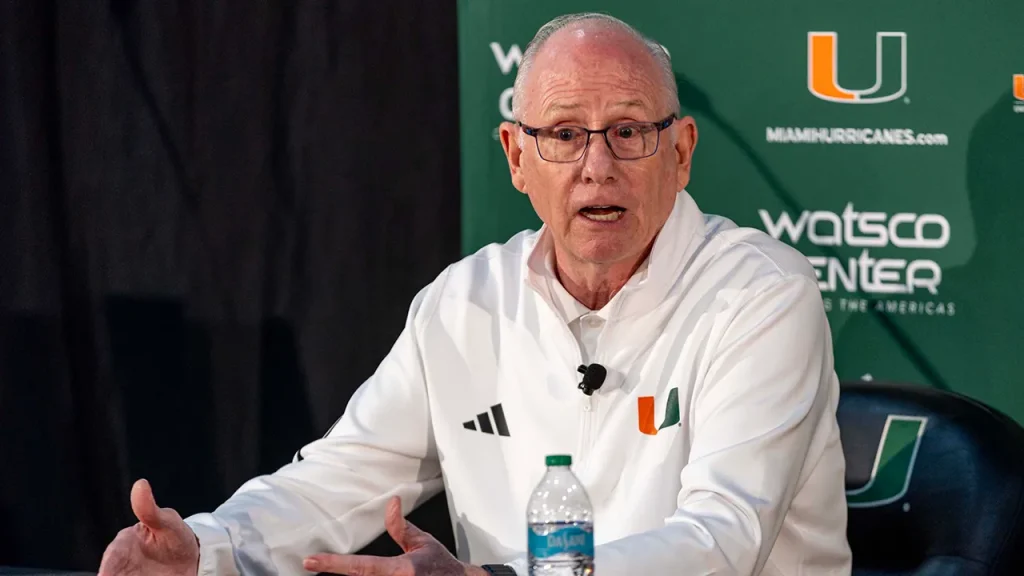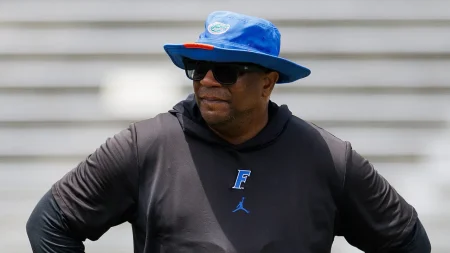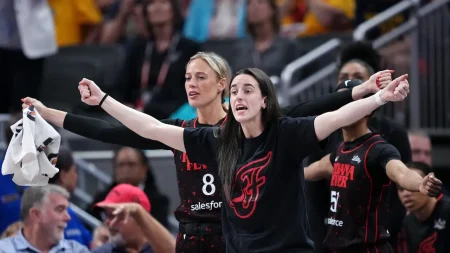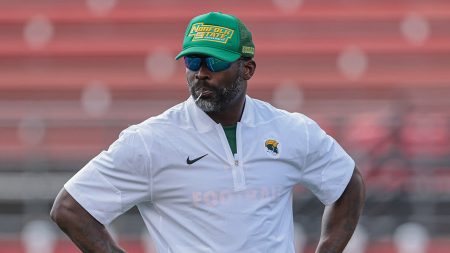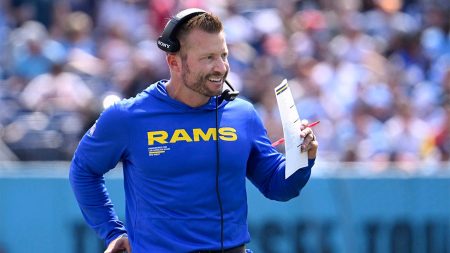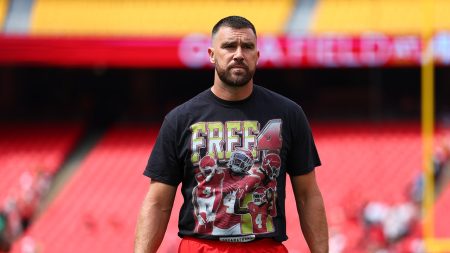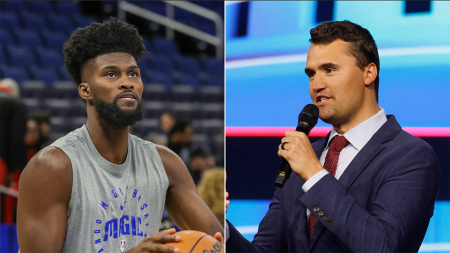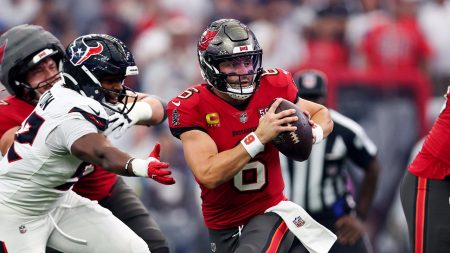Miami men’s basketball coach Jim Larrañaga recently announced his retirement after 14 seasons with the program, citing the challenges posed by the transfer portal and name, image, and likeness (NIL) in college sports as contributing factors to his decision. Larrañaga, who is the winningest head coach in Miami’s history, expressed feeling “exhausted” by the new landscape of college athletics during a press conference. Despite leading the Hurricanes to the Final Four less than two years ago, Larrañaga felt unable to navigate the evolving world of college sports and decided to step down.
With a 4-8 record at the time of his retirement, Miami had a disappointing season in 2023-24. Larrañaga’s tenure included six NCAA Tournament appearances and significant success in the postseason, including four Sweet 16 appearances, an Elite Eight appearance in 2022, and a Final Four berth in 2023. During his time at Miami, the program also won the ACC tournament title in 2013. Before joining Miami, Larrañaga coached at George Mason for 14 seasons, where he led the team to an unexpected appearance in the Final Four in 2006.
Following Larrañaga’s retirement, assistant coach Bill Courtney has been appointed as the interim head coach for the Miami men’s basketball team. The sudden resignation of Larrañaga highlights the toll that the changing landscape of college sports, particularly the impact of NIL and the transfer portal, can have on coaches and programs. The challenges associated with maintaining a successful program while navigating these new realities have led some long-time coaches to reevaluate their ability to lead effectively.
The shift in college sports brought about by NIL laws and the transfer portal has forced coaches to adapt to a new way of operating. Larrañaga emphasized the importance of giving 100% of oneself physically, mentally, emotionally, and spiritually to the role of a head coach. Feeling unable to maintain this level of commitment in the face of the evolving demands of college athletics, Larrañaga ultimately decided to step down. His departure reflects the broader challenges faced by college coaches in today’s constantly changing environment.
Despite the challenges presented by the current landscape of college sports, Larrañaga leaves behind a significant legacy at Miami, having achieved historic success with the program. His decision to retire serves as a reminder of the pressures and difficulties faced by college coaches in an increasingly complex and demanding industry. As programs continue to navigate the impact of NIL and the transfer portal, the resignation of a veteran coach like Larrañaga underscores the importance of resilience, adaptability, and a willingness to confront and address the challenges of the modern collegiate athletic landscape.




